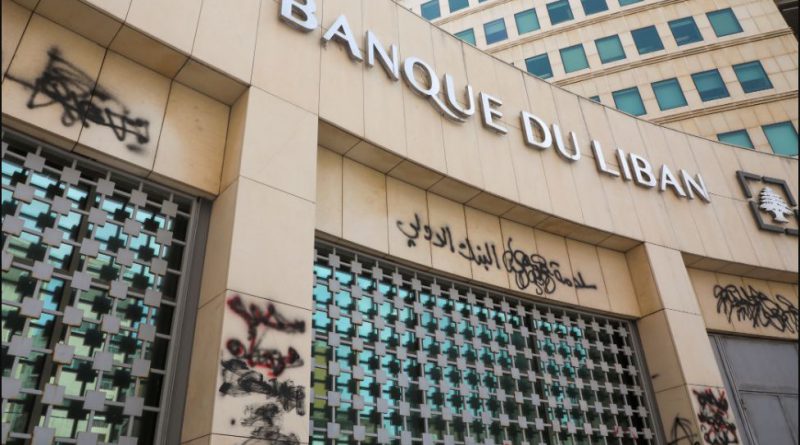Lebanon’s c.bank reports $8.6 bln in liquid foreign assets
Beirut (Reuters) – Lebanon’s Central Bank said on Thursday that its liquid foreign assets stood at $8.57 billion as it disclosed the numbers for the first time in a push for greater transparency after the departure of its long-time governor Riad Salameh.
The central bank did not provide comparison figures from earlier periods, but at the start of the financial crisis in 2019, the foreign currency reserves were estimated at more than $30 billion and have been declining ever since.
Reuters calculations showed the country’s net liquid foreign currency reserves stood at $7.3 billion after $1.27 billion in liquid external liabilities were excluded.
Under Salameh, who served as governor from 1993 until July 31, the central bank did not disclose foreign asset and liability numbers in its bi-monthly balance sheet reports.
In June 2022, Salameh said the central bank had more than $11 billion of “usable reserves”, but it was not immediately clear whether that number could be compared with current figures.
The central bank said in its Thursday statement its obligations included $106 million in deposits and $660 million in loans from Gulf Arab states.
Gulf states have long channelled billions of dollars into Lebanon’s fragile economy but have pulled back in recent years amid the rising influence of Hezbollah, a powerful group backed by Iran.
“It’s further evidence of the withdrawal of key GCC states as financial supporters of Lebanon in recent years,” said Mike Azar, a financial analyst and an expert on Lebanon’s financial crisis.



